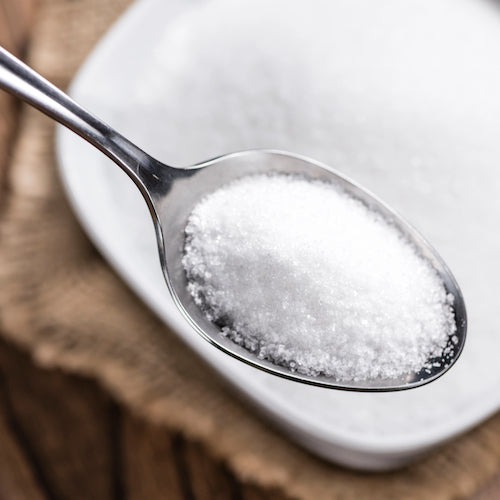The Dangers of Xylitol for Dogs
Posted on January 28 2025
This is an important topic especially if you are a dog owner, guest blogger Susan Moore sent us in this article on the dangers of xylitol for dogs.
While many are aware of common dog toxins like chocolate and grapes, (and here in New Zealand, Karaka Berries), there is a lesser-known but equally dangerous substance that can have devastating effects on dogs: xylitol. This sugar substitute, often found in sugar-free products, poses a significant threat to canine health.
What is Xylitol?
Xylitol is a naturally occurring sugar alcohol commonly used as a low-calorie sweetener in various human food products. It’s popular in sugar-free gum, candies, baked goods, toothpaste, and even medications. While xylitol is safe for humans, it can be life-threatening for dogs, even in small amounts.
Why is Xylitol Dangerous to Dogs?
Dogs metabolize xylitol differently than humans. When ingested, it triggers a rapid release of insulin, leading to a sudden and dangerous drop in blood sugar levels (hypoglycemia). In severe cases, it can also cause liver failure. Symptoms of xylitol poisoning can appear within minutes to hours and may include:
Vomiting
Weakness or lethargy
Loss of coordination
Seizures
Coma
Without prompt treatment, xylitol poisoning can be fatal.
How to Protect Your Dog
Read Labels Carefully: Always check the ingredient list of any product you plan to give your dog. Look specifically for xylitol, as it might also be listed under other names like "wood sugar" or "birch sugar."
Avoid Sugar-Free Products: Many sugar-free gums, candies, and baked goods contain xylitol. Keep these items well out of reach.
Stick to Dog-Safe Brands: If you give your dog peanut butter, choose natural, unsweetened brands with minimal ingredients.
Educate Friends and Family: Ensure everyone in your household is aware of the dangers of xylitol. Guests and children may unknowingly give dogs unsafe treats.
Store Products Safely: Keep xylitol-containing items in secure cabinets or storage areas where curious pups can’t access them.
What to Do in Case of Xylitol Ingestion
If you suspect your dog has ingested xylitol, act quickly:
Call Your Veterinarian: Immediate professional guidance is crucial.
Don’t Wait for Symptoms: Early intervention can save your dog’s life.


